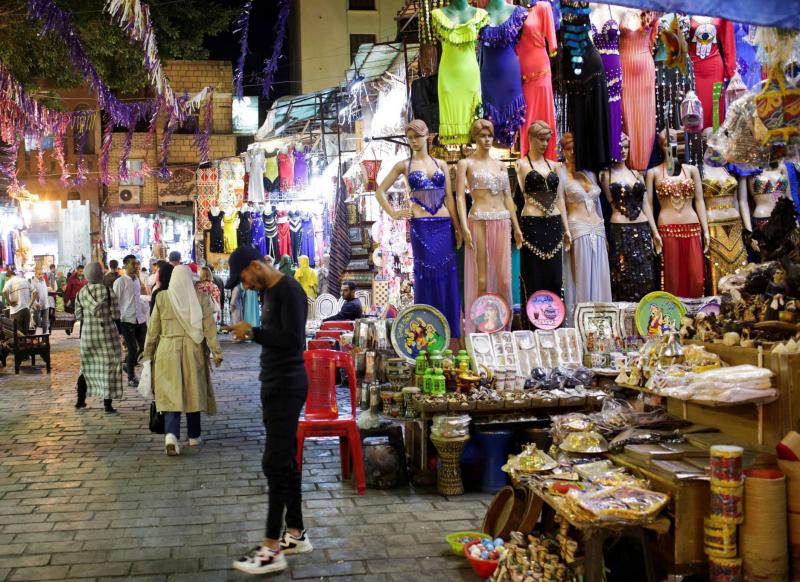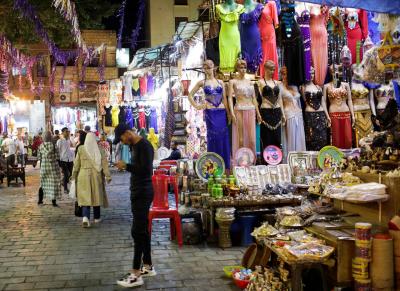Egypt inaugurated the "Heritage House" at the Traditional Crafts Center in the Fustat area on Sunday, coinciding with the 20th anniversary of Cairo's signing of the UNESCO 2003 Convention for the Safeguarding of the Intangible Cultural Heritage. Nahla Imam, Chair of the Board of Trustees of the "Heritage House" and a professor of customs, beliefs, and folk knowledge at the Higher Institute of Folk Arts at the Academy of Arts, stated, "At this historic moment, we open our hearts with the Heritage House to every sincere effort to collect, document, and inventory Egypt's intangible cultural heritage and to transfer the skills, knowledge, and practices associated with it." She added, "We inaugurate the Heritage House today and extend an open invitation to specialists, practitioners, civil society organizations, the private sector, amateurs, and artists to consider this house as their own."
The 2003 Convention is one of the most notable international agreements, witnessing a high number of ratifications in a short period. UNESCO's website indicates that most Arab countries have ratified the convention. Nouria Sanz, the Director of the UNESCO Regional Office in Cairo, noted that after the adoption of the convention, Egypt successfully registered and included seven diverse elements on the convention's lists, expressing her hope to add more elements through the files currently submitted by Egypt.
The opening ceremony of the "Heritage House" featured a display of some of these elements, including: Aragoz puppetry and Tahtib, along with the inauguration of an exhibition by the late artist Ikram Ammar titled "The Holy Family Journey," which included several significant artworks inspired by the stages of the Holy Family's journey, as well as an exhibition of Arabic calligraphy.




